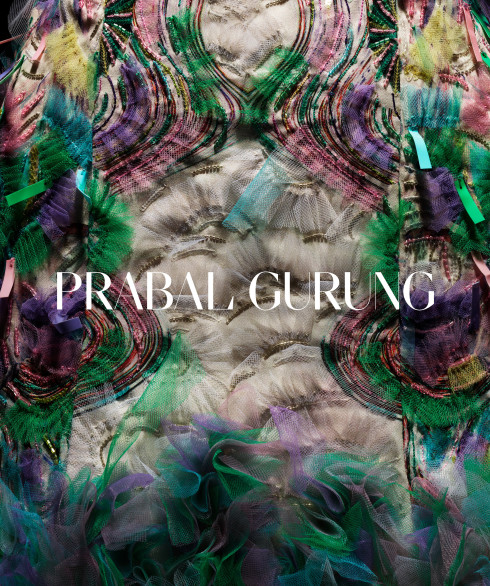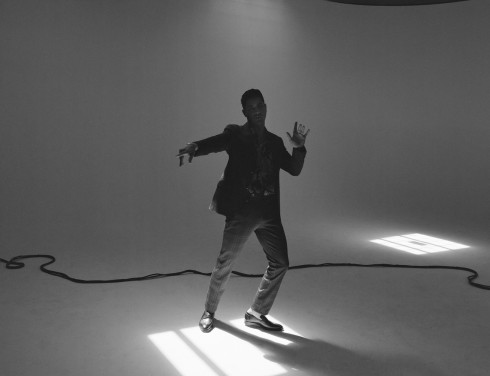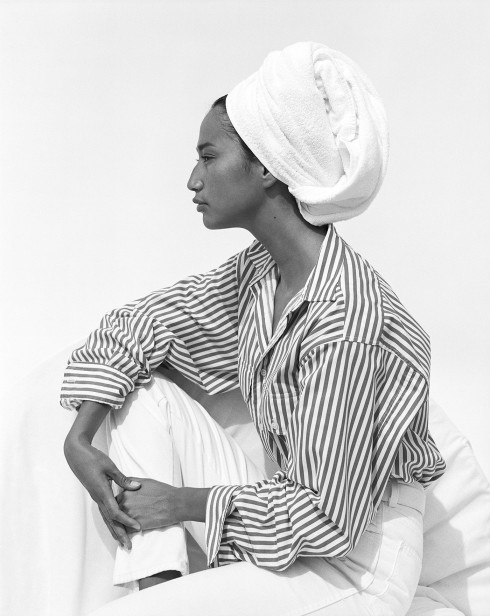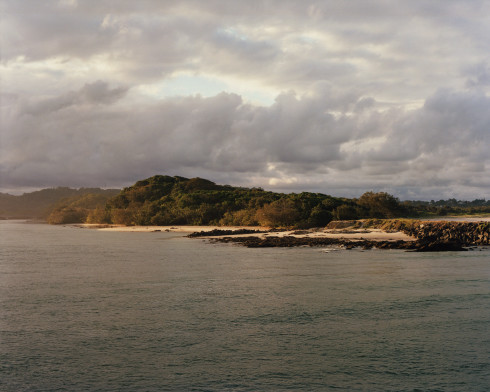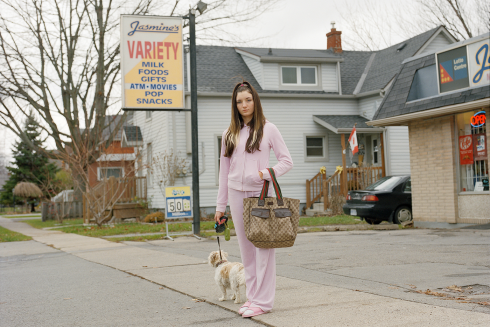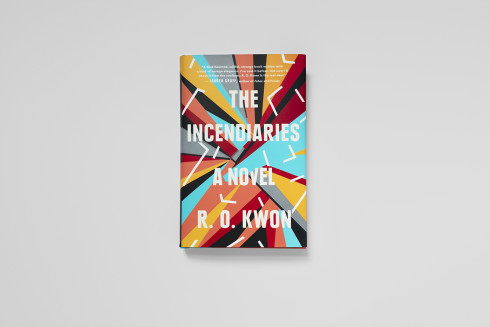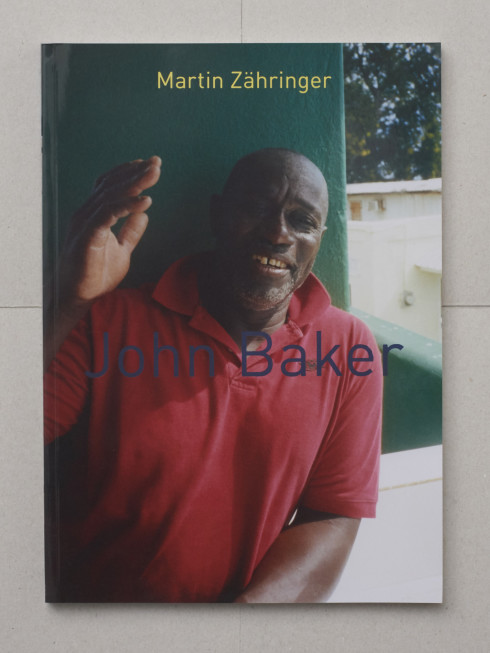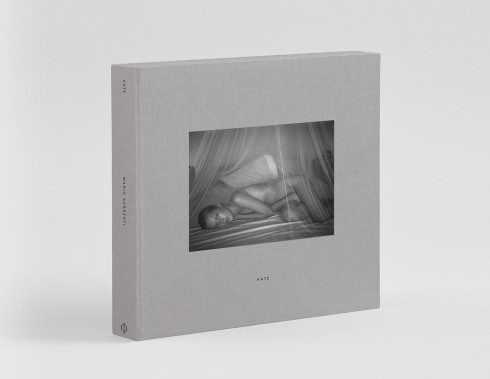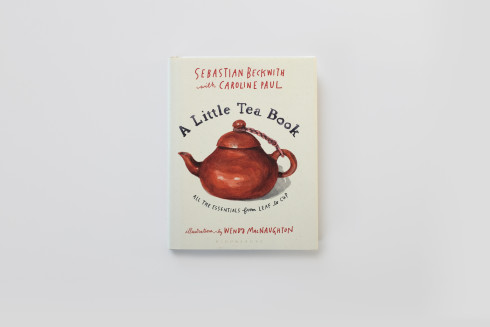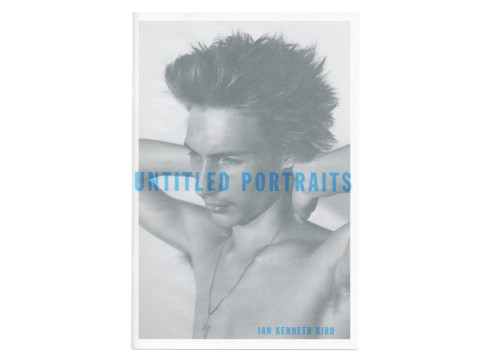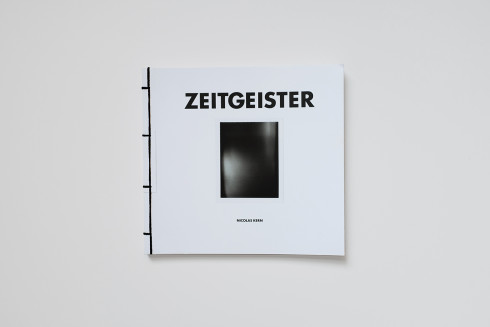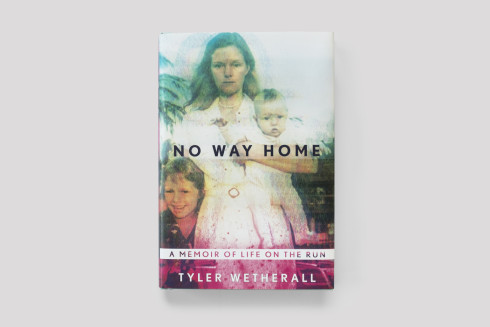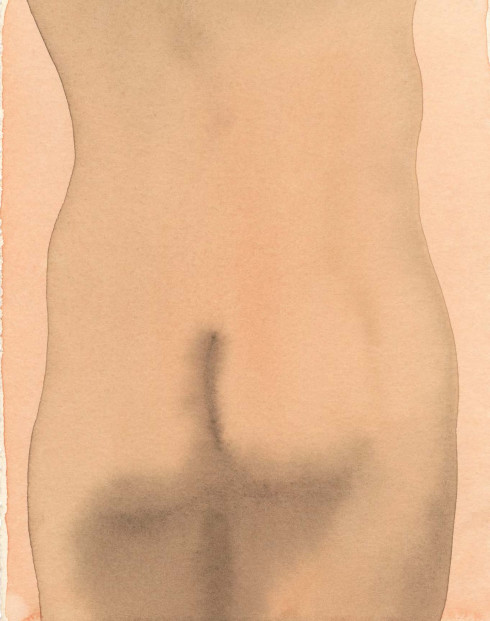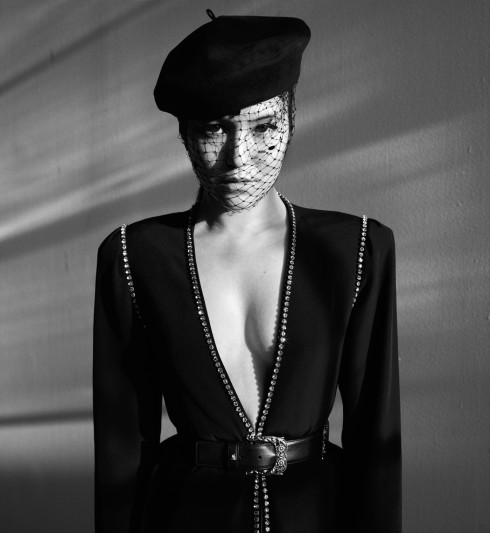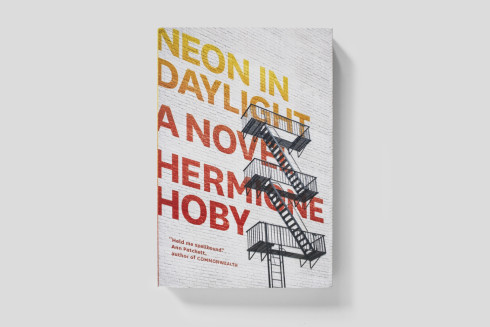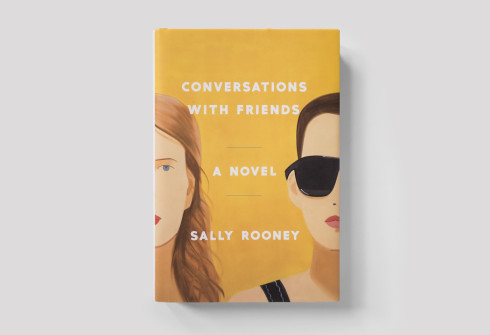HENRY REVIEW
Authors’ lives can veer exhaustingly between extreme exposure and near anonymity. This is a byproduct of their creative process and an outcome of its finished form. Even a story narrated through a wide lens—stretching wildly, in turn, across time and space—has the impact of exposing its author’s own history. And yet, in most cases, they pass almost invisibly down a city street, a disconnect between writer and reader that, when bridged, can strengthen their bond.
Shayne Barr believes something is lost in this unrecognizability—in short, the transformative impact of seeing an author share his or her own work. Two summers ago, Barr and his girlfriend, writer Katherine Bernard, had the experience of seeing author Gary Lutz read his work in Brooklyn. Drawn as readers to Lutz’s “ability to inspire visceral dread through his stories that usually dwell on the bleakness of domestic and office life,” the pair were dismantled by the way in which the author would “sporadically laugh as he read ‘devastating’ prose.”
“We realized that many lovers of Lutz’s prose—specifically, those who live in parts of the country where Lutz would not likely read—would forever overlook the undercurrent of humor coursing through seemingly grim fiction,” Barr, who contributed a short story to the latest issue of The Last Magazine, says. “The experience emphasized the transformative impact a reading can affect.” In response, Barr, Bernard, and Prime Produce-founder Jerone Hsu launched HENRY Review, a literary video symposium that connects authors to readers through original films, a particularly tangible accompaniment to the reading of the featured authors’ work.
What viewers will find on the site, though, which launched last week after nine months of development, is that the strength of HENRY is not simply in the founders’ selection of film as a medium that can be easily shared. Instead, it’s in their ability to harness the artistic strength of that medium and to use it to empower their subjects. We’re able to see the authors, of course, just as we’re able to finally hear their voices, but we’re also given a glimpse at their personal environments, the manner in which they move within them, and, perhaps most interestingly so, the feeling that they, too, see this approach as a new pathway to readers.
Take, for example, Christopher Shinn, a playwright whose seminal work Now or Later is a political thriller revolving around the US presidential election. On HENRY, we see Shinn at his lightest, disarmingly so, seemingly as comfortable onstage as he is behind it. Christine Schutt, on the other hand, is as Faulkner-esque as her most applauded work, Florida. As she reads somberly within her apartment, stark in the blue light pouring through the window, a cat and dog roam freely around her. The setting is personal—her own, in the way a bar or bookstore is not—but the viewpoint feels almost invasive, an outcome of the personality of the subject.
While HENRY’s founders chose the medium, the contributors are ultimately in control of the content. “If contributors are writers, we urge them to read their own work,” Barr says of their process. “Every HENRY participant, however, is at liberty to select the content that they read for the site. We ask that they choose a piece that has inspired their own creative work, or that has impacted them personally.” The strength of literature, then, is not lost even when the subject is not a writer, as is the case with chef Frankie Celenza, who leads viewers through breakfast preparation while quoting Oscar Wilde’s An Ideal Husband. “When selecting non-writers,” Barr explains, “we consider creatives whose work is influenced by literature.”
Going forward, the flexibility of film—empowered further by the limitlessness of the Internet—will be exploited, propelling the profile of literature forward by highlighting its influence on other creative forms. “Readings will be accompanied by special features such as writers discussing their process, introductions to pets, and many contextualizing histories, as well as an array of interesting sets such as the oldest whiskey distillery in Brooklyn,” Barr says. The result will be multi-faceted, but the purpose, still rooted in that original viewing of Lutz, will remain the same. “It’s a privilege to live in a city where writers constantly present their work,” Barr says. “We hope to extend this access comprehensively.”
For more information, please visit HENRYReview.org.
